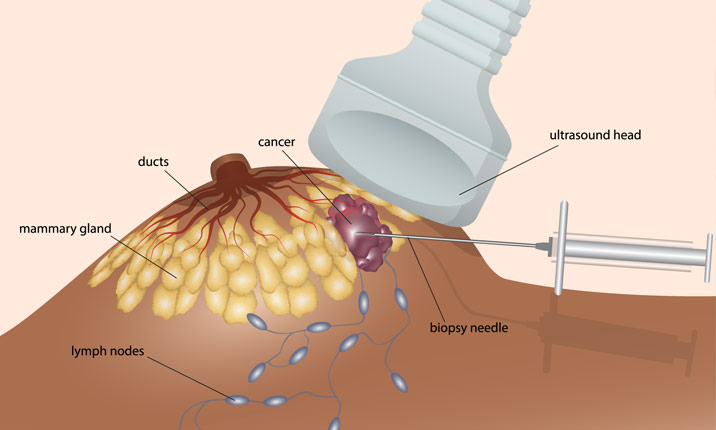
A biopsy is a procedure to remove a piece of tissue or a sample of cells from your body so that it can be tested in a laboratory. You may undergo a biopsy if you’re experiencing certain signs and symptoms or if your health care provider has identified an area of concern. A biopsy can determine whether you have cancer or another condition. Imaging tests, such as CT scans or MRIs, are helpful in detecting masses or irregular tissue, but they alone can’t tell the difference between cancerous cells and cells that aren’t cancerous. For most cancers, the only way to make a diagnosis is to perform a biopsy to collect cells for closer examination.
Here are some types of biopsies:
Biopsies are most often done to look for cancer. But biopsies can help identify many other conditions.
A biopsy might be recommended whenever there is an important medical question the biopsy could help answer. Here are just a few examples:
After the tissue is collected and preserved, it’s delivered to a pathologist. Pathologists are doctors who specialize in diagnosing conditions based on tissue samples and other tests. (In some cases, the doctor collecting the sample can diagnose the condition.)
A pathologist examines the biopsy tissue under a microscope. By noting the tissue cells’ type, shape, and internal activity, in most cases a pathologist can diagnose the problem.
The time it takes to get results from a biopsy can vary. During a surgery, a pathologist may read a biopsy and report back to a surgeon in a few minutes. Final, highly accurate conclusions on biopsies often take a week or longer.

Copyright © 2022 Dr. Sandhya Bade | All Rights Reserved | Created & Crafted By Itorix Infotech
WhatsApp us